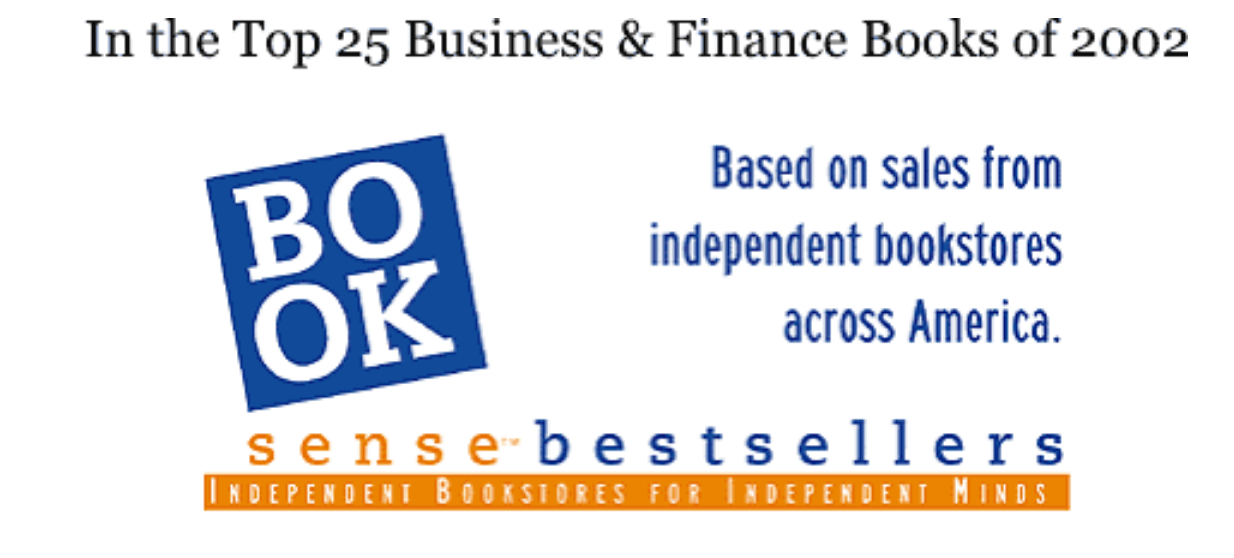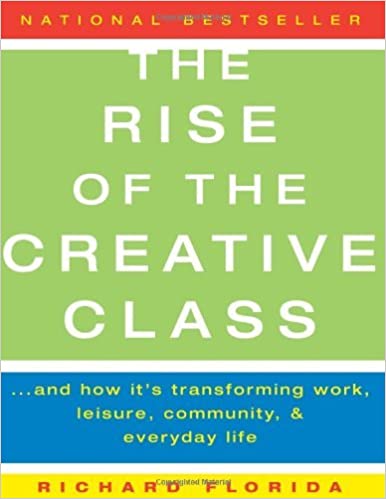Back in 2002, urban guru Richard Florida published his influential book “The Rise of the Creative Class,” which highlighted the importance of so-called “creatives” — artists, graphic designers, architects, and others — to the vitality of cities trying to overcome long-term decline. Florida’s book helped set the agenda for many a city, including Detroit, where the CEO group Business Leaders for Michigan launched the Detroit Creative Corridor Center in 2010.
The Rise of the Creative Class
By Richard Florida
Florida’s first national bestseller received the Washington Monthly’s Political Book Award and was cited as a major breakthrough idea of 2004 by the Harvard Business Review. Toronto’s Globe and Mail called it “an intellectual tour de force, scholarly yet colorfully written,” and its ideas have been implemented and called on for inspiration in communities and cities across the United States and the world.
Rise, as it has been appropriately re-dubbed in the popular lexicon, looks at the forces reshaping our economy and how companies, communities and people can survive and prosper in uncertain times. It gives us a provocative new way to think about why we live as we do today – and where we might be headed. Weaving storytelling with reams of cutting-edge research, Florida traces the fundamental theme that runs through a host of seemingly unrelated changes in American society: the growing role of creativity in our economy.
Just as William Whyte’s 1956 classic The Organization Man showed how the organizational ethos of that age permeated every aspect of life, Florida describes a society in which the creative ethos is increasingly dominant. Millions of us are beginning to work and live much as creative types like artists and scientists always have. Our values and tastes, our personal relationships, our choices of where to live, and even our sense and use of time are changing.
Leading this transformation are the 40 million Americans – over a third of our national workforce – who create for a living. This “creative class” is found in a variety of fields, from engineering to theater, biotech to education, architecture to small business. Their choices have already had a huge economic impact. In the future, they will determine how the workplace is organized, what companies will prosper or go bankrupt, and even which cities will thrive or wither.








In a new book titled “The New Urban Crisis,” Florida reverses much of his earlier optimism about the potential of knowledge-hub cities. These metropolises, he contends, have now become engines of inequality and exclusion.
Are successful cities built on their creative workers? Urban theorist Richard Florida talks to Caroline Kinneberg
From 1995 to 2015, Fast Company looks back at the people, products, and ideas that have transformed business and culture.
The book, The Rise of the Creative Class: And How It’s Transforming Work, Leisure and Everyday Life, has placed the recruitment and retention of the so-called “creative class,” at the forefront of city planning.
Richard Florida is the day’s last speaker at the London Conference, an annual gathering of influencers to debate the city’s challenges and opportunities, in November 2012.
The author of The Rise of the Creative Class has been cited — by such diverse figures as David Cameron and Bono — as an expert on how cities must evolve.
Omaha’s quality of living appeals to what Richard Florida calls the ‘Creative Class’.
Thomas Frey shares eight shocking statements made in 2012, judged to be trend-setters for 2013 and beyond and discusses briefly how they will invariably shift our outlook on the future.
What does it take to revitalize Atlantic City and other places hit hard by the recession, the housing-market collapse and the vanishing manufacturing industry? Economist Richard Florida answers by looking at how this market upheaval differs from others in American history.
Richard Florida, father of the ‘creative class’ concept, finds one at work in his new part-time hometown of Miami, Florida.
The Rise of the Creative Class, which was originally published in 2002, has generated widespread conversation and debate and has had a considerable impact on economic development policy and practice. This essay briefly recaps the key tenants of the creative class theory of economic development, discusses the key issues in the debate over it, and assesses its impacts on economic development policy.
Over the next 50 years we will spend trillions of dollars on city building. The question is: How should we build? For many economists, urbanists and developers, the answer is simple: We should build up. But the answer is more complex than that.
Fast Company continues its examination of the business book The Rise of the Creative Class with an interview of author Richard Florida.
Fast Company continues its Leadership Hall of Fame series, a year-long look at the top business books and authors, with an excerpt from The Rise of the Creative Class (2003) by Richard Florida
The Rise of the Creative Class ranks 9th on The Globe and Mail’s list of best selling business books.
The 100 Best Business Books of All Time. What They Say, Why They Matter, and How They Can Help You.
The Rise of the Creative Class, one of Gary Hamel’s recommendations that “telescope the future or send our minds racing down new tracks.”


